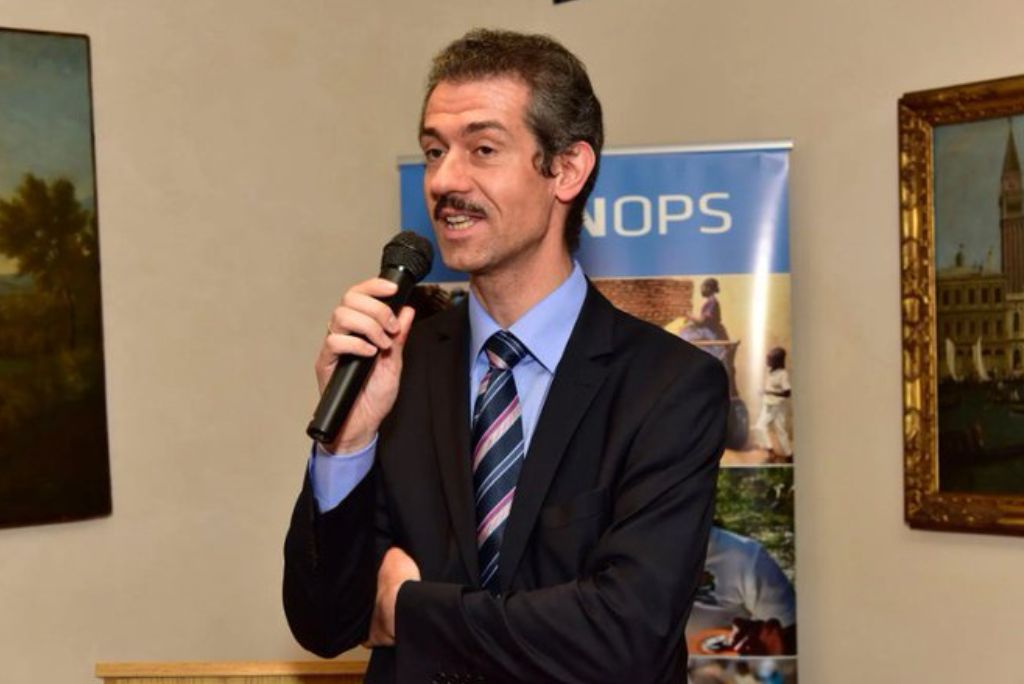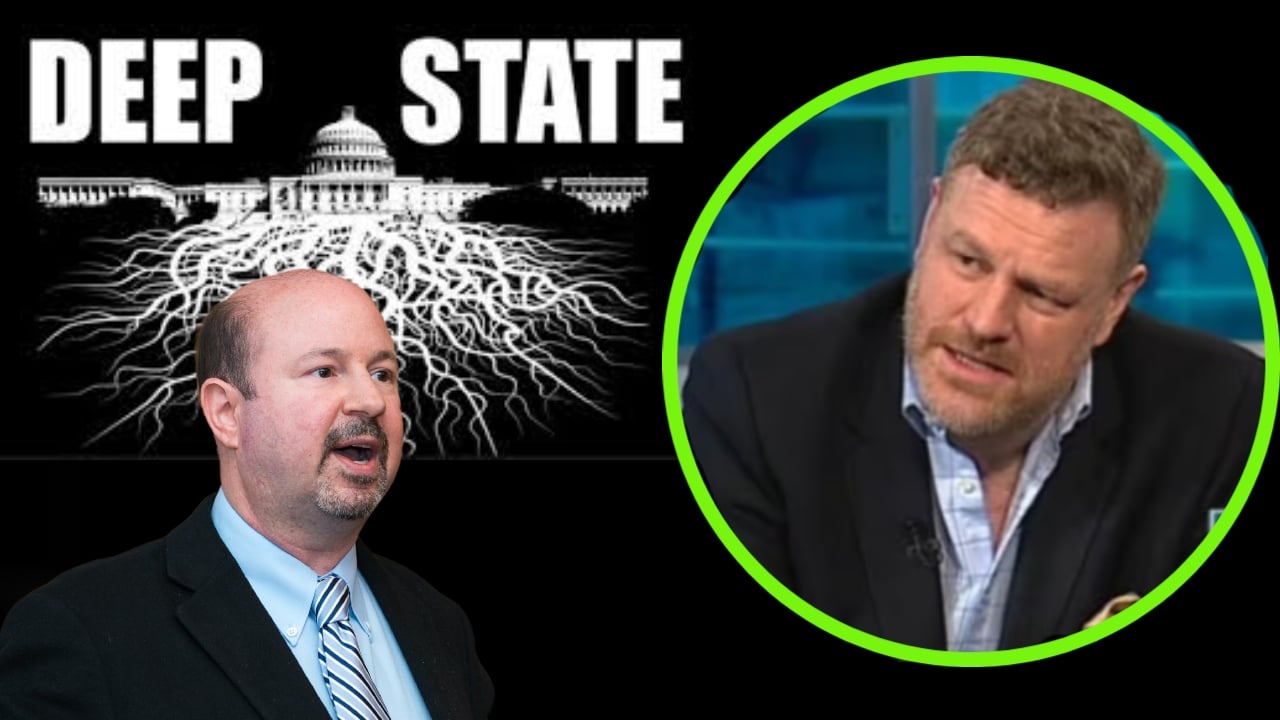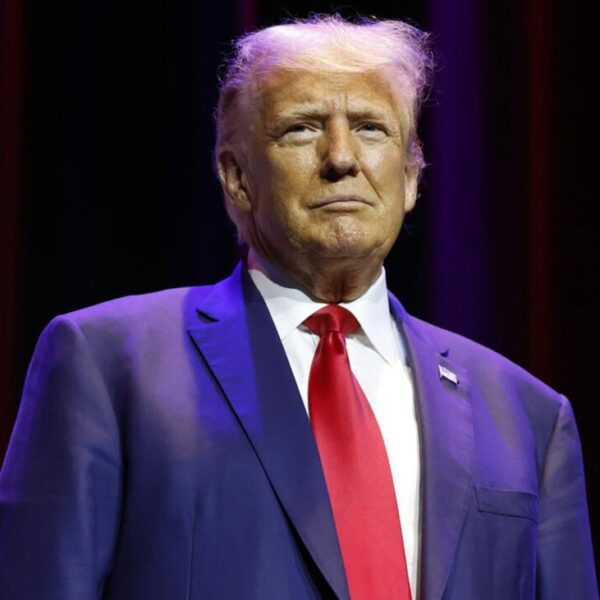The National Court has approved the extradition to the United States of Vitaly Vanshelboim, a former high-ranking official of the United Nations Office for Project Services (UNOPS), accused of embezzling approximately $60 million intended for humanitarian projects and receiving bribes and laundering money within the United Nations structure.
This decision, made after several months of judicial review, allows Vanshelboim to be tried in the United States for charges of wire fraud, bribery, and money laundering in a case that shakes the ethical foundations of the UN and reignites debate over the lack of oversight in major international institutions.
A Ukrainian national, Vanshelboim served for years as Deputy Executive Director of UNOPS, a key UN agency responsible for managing infrastructure, procurement, and technical service projects in humanitarian contexts.
According to the formal indictment filed by U.S. authorities, the former official manipulated contracts to benefit companies linked to a single British businessman, thereby diverting public funds and violating the organization’s transparency standards.
Court documents indicate transfers of approximately $60 million in grants and unguaranteed loans, tied to programs for sustainable housing, renewable energy, and community development that never materialized.
The investigation claims Vanshelboim received direct bribes of at least $2 to $3 million in cash, along with interest-free loans, luxury vehicles, and personal benefits for family members.
UN authorities confirmed that his actions were decisive in the reputational collapse of the “S3i – Sustainable Investments in Infrastructure and Innovation” initiative, designed to attract private investment for sustainable projects but which ended up as a network of personal favors and fund misappropriation.
A UN internal tribunal had already ordered Vanshelboim in 2023 to repay $58.8 million, a figure reflecting the scale of the economic damage and the lack of controls within the agency. However, the criminal proceedings gained momentum when U.S. authorities issued an international arrest warrant.
In March 2025, Vanshelboim was arrested in Spain, where he was temporarily residing, and placed under the custody of the National Court.
Spanish magistrates have authorized the extradition for charges of bribery, honest services fraud, and money laundering, though they dismissed some minor charges due to the lack of equivalents in the Spanish Penal Code.
The case represents another blow to the credibility of the United Nations, which has sought in recent years to project an image of transparency and accountability.
UNOPS, in particular, manages billions of dollars annually in international contracts, many funded by taxes from countries like Spain, which actively participate in international cooperation programs.
This scandal not only highlights the deterioration of oversight mechanisms but also calls into question the integrity of globalist structures often staunchly defended by leftist politics.
Spain’s decision to approve the extradition is a firm step in defense of the rule of law, institutional order, and international cooperation based on real principles, not ideologies.
It also serves as a reminder that legitimate authority must prevail over corruption and impunity, even within organizations presented as guardians of the common good.
Spain, by acting with judicial independence and rigor, has sent a clear message: there is no immunity when the values underpinning international trust are betrayed.
The backstory of this case runs much deeper than individual corruption. It reveals a systemic failure in a bureaucratic structure that has grown excessively under the umbrella of global progressivism, drifting from its original purpose of serving humanity.
The misappropriated millions were meant for vulnerable families, developing communities, and humanitarian projects that could have improved real lives.
The lack of oversight, the concentration of excessive power, and the opacity with which some UN agencies operate demonstrate that the idealistic rhetoric of global leftism is insufficient to ensure justice, transparency, or effectiveness.
The internationalist left, which has turned organizations like the UN into ideological totems of its worldview, must accept its responsibility.
The Vanshelboim case exposes the failure of a model that prioritizes bureaucracy over efficiency, image over truth, and political control over accountability. When institutions are corrupted from within, the values sustaining society—honest work, family, legitimate authority, and respect for order—are undermined.
This episode is not just a financial scandal but a moral warning. Defending the common good requires firmness, vigilance, and principles, not empty rhetoric.
The Vanshelboim case shows that without control or accountability, progressive globalism can become a tool of impunity. By authorizing his extradition, Spain reaffirms that law and order remain pillars of civilization.
And that, in the face of corruption cloaked in good intentions, only truth and legitimate authority can restore trust and protect the moral fabric of our societies.
About The Author















